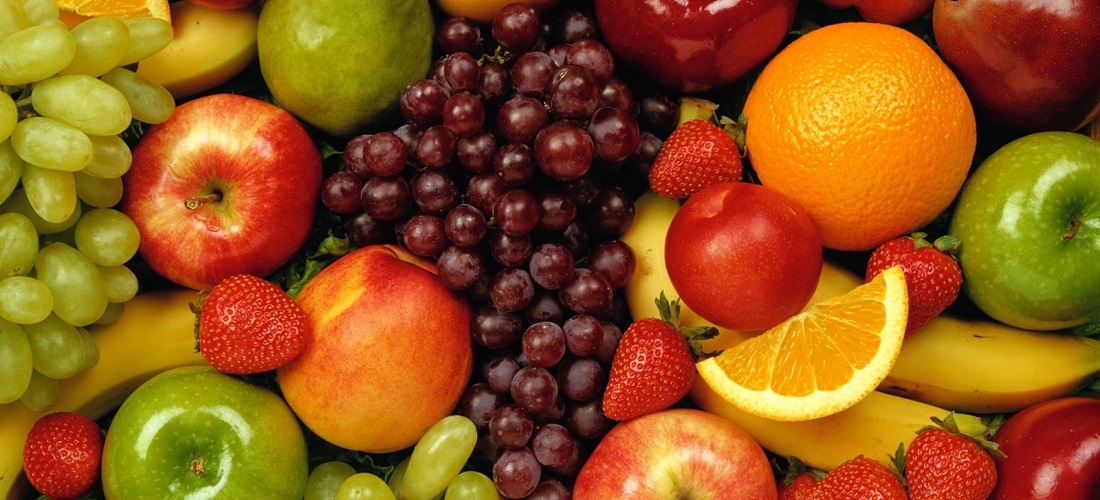
Fruit growing stands out among Brazilian exports
Jul, 02, 2024 Posted by Gabriel MalheirosWeek 202426
Brazil ranks third in the world in fruit growing, trailing only China and India. The sector accounts for 16% of the entire agribusiness workforce, according to the Brazilian Association of Fruits and Derivatives (Abrafrutas).
“Brazil is consolidating itself as the world’s supermarket, with fruits playing a significant role in this trajectory. We celebrate this milestone by highlighting the Federal Government’s commitment to opening new markets and fulfilling opportunities for Brazilian fruits in the international market,” stated Carlos Fávaro, Minister of Agriculture and Livestock.
In 2023, Brazil’s fruit exports reached a record US$1.35 billion, the highest in the historical series. Since 2019, Brazilian fruit exports have consistently exceeded US$1 billion, with a 24.5% increase last year. The primary destination for Brazilian fruits is the European Union, which receives about half of all fruit exports from Brazil.
“Our success in Brazilian fruit exports, culminating in a historic record last year, underscores the quality and diversity of national production. The growing global recognition, especially in the European Union and the United States, reinforces Brazil’s competitive edge in the international fruit market. We will continue to promote our fruits and explore new market opportunities,” emphasized Roberto Perosa, Secretary of Trade and International Relations (SCRI).
The following chart shows an overview of fruit exports in containers from January to May in the past three years, according to data from Datamar’s maritime intelligence service DataLiner.
Fruit Exports | Jan-May 2021 – Jan-May 2024 | TEUs
Source: DataLiner (click here to request a demo)
The Ministry of Agriculture and Livestock (Mapa) is dedicated to promoting, developing, and monitoring Brazilian fruit farming through best practices and export incentives. According to SCRI, the main fruits exported by Brazil in 2023 were:
Mangoes: 266 thousand tons. The majority of exports went to the European Union, which accounted for 65.5% of the export value (US$205.82 million). The United States followed with US$58.61 million (+100.9%) and the United Kingdom with US$20.57 million (+26.9%).
Melons: 228 thousand tons. Sales were also concentrated in the European Union, which purchased US$127.11 million worth of melons, representing 67.2% of the total value of fresh melons exported by Brazil. Other major importers included the United Kingdom (US$53.0 million; +4.4%) and Canada (US$3.00 million; -11.9%).
Grapes: 73 thousand tons. Fresh grape sales were concentrated in three markets: the European Union (US$76.48 million; +62.7%), the United States (US$58.15 million; +116.9%), and the United Kingdom (US$37.38 million; +27.1%).
Lemons and limes: 166 thousand tons. The European Union was the primary export market for these Brazilian fruits, with US$140.94 million exported in 2023, accounting for 81.0% of all Brazilian exports of lemons and limes. Other notable markets included the United Kingdom (US$25.78 million; +13.0%) and Canada (US$2.04 million).
According to the Frutas do Brasil Project, most mangoes in Brazil are produced in the Northeast region. When it comes to melons, Rio Grande do Norte is the leading state, while grape production is concentrated in São Paulo, the South region, and some states in the Northeast.
The Secretary of Agricultural Defense (SDA) ensures the inspection and certification of Brazilian fruits for both the domestic market and exports.
Inspections are conducted at processing and packaging establishments, as well as in commerce. At processing establishments, audits verify the self-management and good manufacturing practices. In commercial settings, such as supermarkets, wholesalers, and distribution centers, inspections focus on collecting product samples.
Certification is required for fruits exported to countries or economic blocs that demand it. This certification, officially agreed upon, covers phytosanitary aspects (phytosanitary certification) or hygienic-sanitary controls conducted by exporters (international plant health certification). Most countries control fruit imports by collecting and analyzing samples upon entry.
According to the Plant Quality Inspection Coordination, exported fruits must be free from defects such as rot, stains, deformations, and mechanical damage to the skin. Countries importing Brazilian fruits also strictly control pesticide residue levels, which vary between countries.
Additionally, Brazil has the National Waste and Contaminant Control Plan (PNCRC Vegetal), which sets annual sampling goals for fruits and other products to check for pesticide residues and other contaminants. Non-compliance results in fines and penalties for those responsible.
-
Ports and Terminals
Aug, 11, 2020
0
In Brazil ammonium nitrate, the cause of the explosion in Beirut, represents 0.4% of total imports
-
Economy
Nov, 01, 2024
0
Real investment in Argentina rose by 14.5% in September, driven by the purchase of imported equipment
-
Automotive
Mar, 31, 2025
0
Volkswagen to Begin Importing Vehicles Through Brazil’s Port of Vitória
-
Grains
Nov, 17, 2023
0
Brazilian agribusiness export USD 13.38 billion n in October




